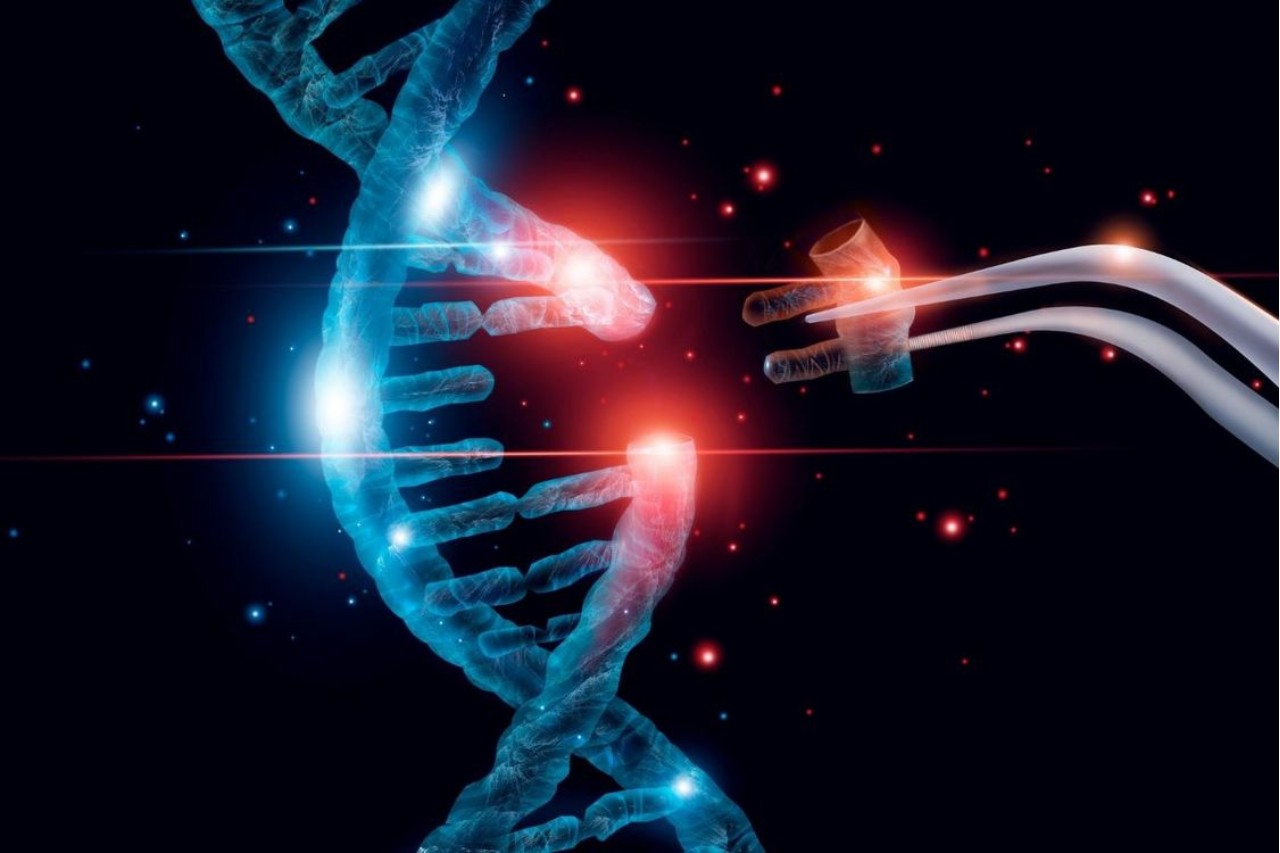
Mutations are fascinating phenomena that play a significant role in shaping the diversity of life on our planet. These spontaneous changes in the DNA sequence can have a wide range of effects, from subtle variations in physical traits to drastic alterations in the functioning of an organism. While mutations are often associated with genetic disorders and diseases, they are also the driving force behind evolution and adaptation.
In this article, we will explore 14 surprising facts about mutations that will deepen your understanding of this fundamental aspect of biology. From the bizarre mutations found in nature to the incredible ways in which mutations can be beneficial, prepare to be amazed by the wonder and complexity of the genetic world. So, let’s dive into the world of mutations and uncover some mind-boggling and unexpected facts!
Key Takeaways:
- Mutations are spontaneous changes in DNA caused by factors like radiation and chemicals. They can lead to new traits or diseases, impacting physical characteristics and behavior in all living organisms.
- Mutations play a crucial role in genetic diversity, evolution, and cancer development. They can be used in genetic research to study gene function and understand specific diseases.
Mutations are spontaneous changes in DNA.
Mutations occur when there are errors in the replication or repair of DNA, resulting in changes to the genetic code.
Mutations can be caused by various factors.
These factors include exposure to radiation, certain chemicals, or even natural processes within the body.
Mutations can be beneficial.
In some cases, mutations can lead to new traits or abilities that may offer an advantage in certain environments.
Mutations can also be harmful.
Many mutations are detrimental and can cause genetic disorders or increase the risk of certain diseases.
Mutations can occur in any organism.
From plants to animals to humans, mutations can happen in any living organism.
Mutations can affect physical characteristics.
Changes in DNA can result in alterations to physical traits such as eye color, hair color, or height.
Mutations can also impact behavior.
Some mutations can influence behavior, including increased risk-taking or altered learning abilities.
Not all mutations are inherited.
While some mutations can be passed from parent to offspring, others occur spontaneously and are not hereditary.
Mutations can occur in different parts of the DNA.
They can involve changes in a single nucleotide, known as a point mutation, or larger-scale structural alterations.
Mutations can lead to the evolution of new species.
Over time, accumulated mutations can drive the formation of new species with distinct characteristics.
Mutations play a role in cancer development.
Certain mutations in oncogenes or tumor suppressor genes can contribute to the development of cancer.
Mutations can be classified into different types.
These include substitutions, deletions, insertions, and duplications, each with its own effects on gene function.
Mutations can be used in genetic research.
Scientists can intentionally induce mutations to study gene function and understand the role of specific genes in diseases.
Mutations are the driving force behind genetic diversity.
Without mutations, there would be limited genetic variation, which is crucial for the survival and adaptation of species.
Conclusion
In conclusion, the world of mutations is filled with surprises. Whether it’s the incredible power of beneficial mutations, the role they play in evolution, or their potential in medical research, mutations continue to fascinate and intrigue scientists and researchers alike. The ability of living organisms to adapt and evolve through mutations has allowed our planet to flourish with an incredible diversity of life. Understanding the intricacies of mutations and their impact on genetics and biology will undoubtedly lead to exciting new discoveries in the future. So the next time you hear the word “mutation,” remember that behind those unexpected changes lies a world of wonder waiting to be explored.
FAQs
Q: What is a mutation?
A: A mutation is a change in the DNA sequence of a gene or chromosome, which can result in a variation in traits or characteristics of living organisms.
Q: Are all mutations harmful?
A: No, not all mutations are harmful. In fact, some mutations can be beneficial and provide an advantage to an organism’s survival, leading to evolutionary changes.
Q: How do mutations affect evolution?
A: Mutations are the driving force behind evolution. They introduce genetic variations into populations, which can be selected for or against based on their impact on an organism’s fitness in its environment.
Q: Can mutations be inherited?
A: Yes, mutations can be inherited. Some mutations occur in reproductive cells and can be passed down from one generation to the next, contributing to genetic diversity within a population.
Q: How do mutations contribute to medical research?
A: Mutations provide valuable insights into the development and progression of diseases. By studying disease-causing mutations, researchers can gain a better understanding of the underlying biological mechanisms and develop targeted therapies and treatments.
Q: Can mutations be reversed or corrected?
A: While some mutations can be corrected through various genetic repair mechanisms, others may be permanent. However, advances in gene editing technologies, such as CRISPR-Cas9, offer potential avenues for correcting or modifying specific mutations in the future.
Mutations continue to captivate scientists and laypeople alike. Unbelievable facts about mutation await your discovery, from the surprising truths about gene mutations to the captivating realities of genetic mutations. Explore these tantalizing topics and expand your understanding of this fundamental biological process.
Was this page helpful?
Our commitment to delivering trustworthy and engaging content is at the heart of what we do. Each fact on our site is contributed by real users like you, bringing a wealth of diverse insights and information. To ensure the highest standards of accuracy and reliability, our dedicated editors meticulously review each submission. This process guarantees that the facts we share are not only fascinating but also credible. Trust in our commitment to quality and authenticity as you explore and learn with us.


